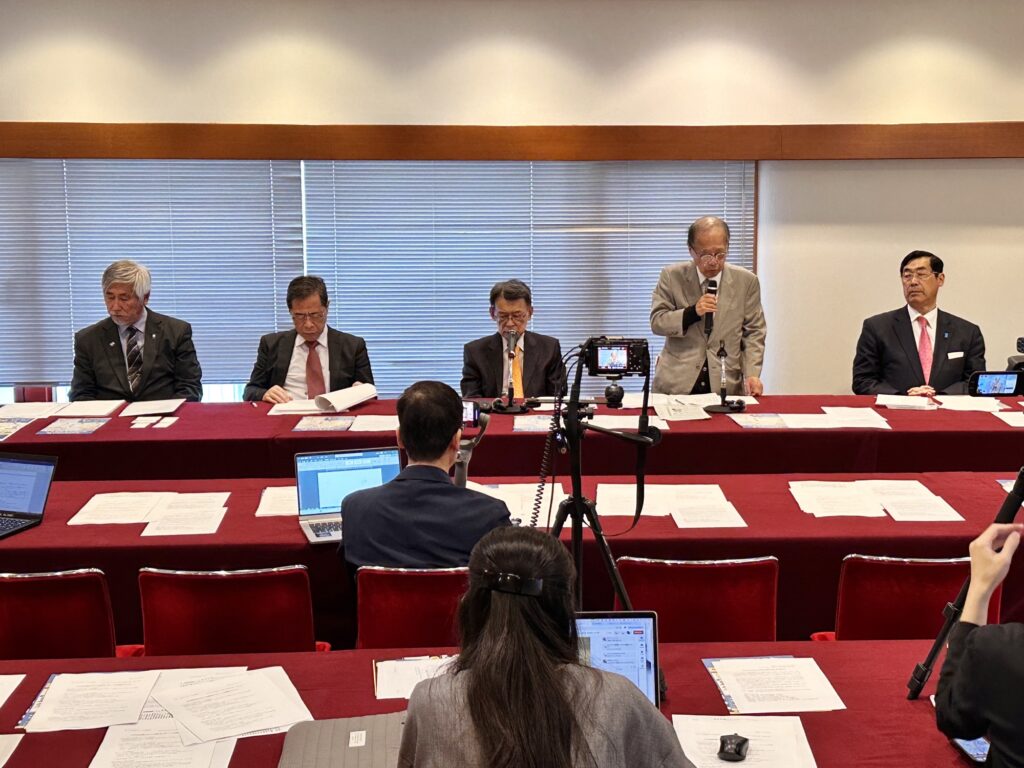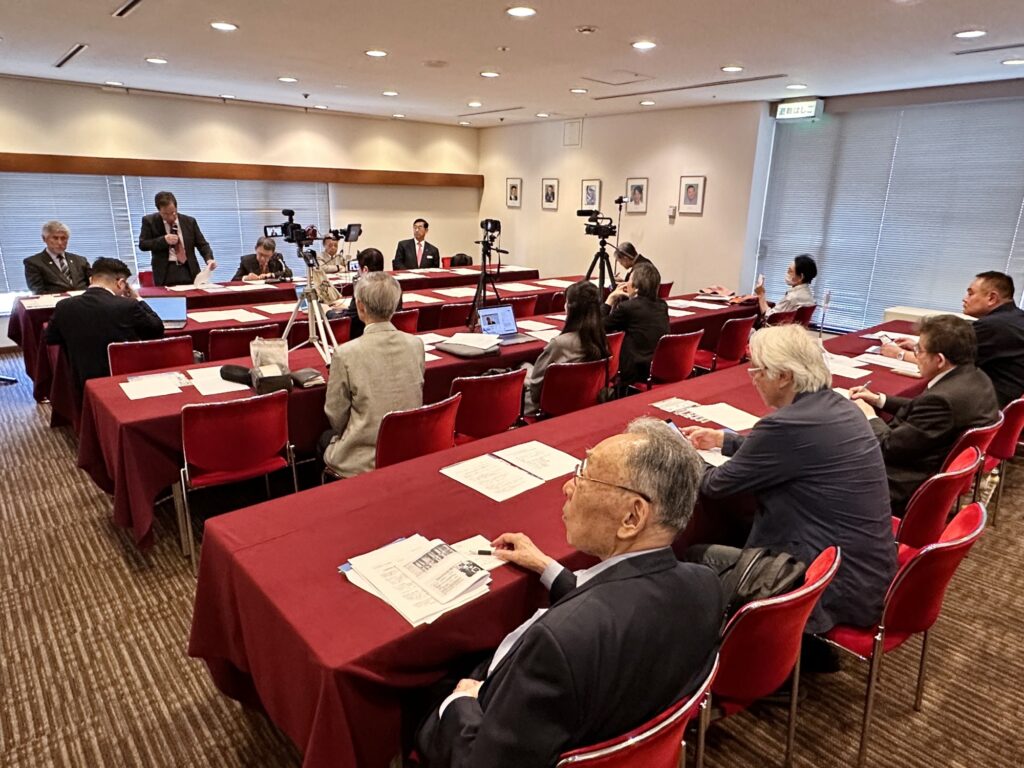



TOKYO: April 28 marked the 72nd anniversary of the implementation of the San Francisco Treaty, also known as the Treaty of Peace with Japan, which re-established peaceful relations between Japan and the Allied Powers. Theoretically, it gave Japan back its independence, but many in Japan feel it made the country a vassal state of America.
A group of prominent Japanese, calling itself the “Expert Council for Aiming at Japan’s True Independence” (ECAJTI), has issued an open statement to the governments of Japan and the United States with the aim of revising relations between the two countries and “realizing a truly independent Japan.”
The San Francisco Treaty came into force on April 28, 1952, and ended Japan’s role as an imperial power as well as the Allied post-war occupation of Japan.
The group’s statement is addressed to Japanese Prime Minister KISHIDA Fumio and US President Joe Biden and is titled “A New Kind of US-Japan Relationship.” It says the US and Japan are facing their greatest challenge ever from China and warns that the United States “may not be able to cope with China by itself. Thus, Japan must play a much bigger role in the Indo-Pacific region. To this end, Japan must become a truly independent nation.”
“Japan must have the Three Sacred Emblems of Sovereign Rules of an independent country: our own constitution, national defense forces, and an integrated national intelligence agency backed by counterintelligence laws. Consequently, Japan must abolish or drastically alter Article 9 of the Constitution and turnits ‘Self-Defense Forces’ into National Defense Forces.”
Article 9 forbids Japan resorting to war as a means of settling disputes, but the group warns, “In order to confront almost totalitarian autocracies such as China and Russia, free and democratic nations which believe in ‘free and open international order based on the rule of law’ must implement the ‘Free and Open Indo-Pacific’ (FOIP) initiative.” FOIP was first proposed by former Japanese Prime Minister ABE Shinzo in 2016 and the group believes Japan should take the lead in the initiative.
To do this, the group wants a revision to Japan’s relationship with the US military, which has tens of thousands of personnel stationed in Japan. “The Japan-US Status of Forces Agreement (SOFA) puts Japan in the position as a non-independent nation because of its extreme lack of equality,” the letter says. The US has extensive control over Japanese airspace and controls vast areas of land for military use.
“Japan and the Japanese people continue to shoulder the vast burden of expansive US military bases on a daily basis,” the group’s statement said. “We propose a thorough revision of the Japan-US SOFA.”
The groups says Japan will never have a major role in formulating Indo-Pacific strategy under present arrangements and should have a strong say in decisions affecting Japan and its people “because US policy failures in this region will have devastating consequences on Japan.”
“The US and Japan have common values. However, the historical and cultural backgrounds of the two countries greatly differ. In this sense, the US and Japan are the most unlikely pair of countries in the world. It is very important for both countries to recognize each other’s difference of national character, and to be considerate to the other party’s point of view in negotiations.”
The Expert Council for Aiming Japan’s True Independence (ECAJTI)
Founding Members
Chairman KOBORI Keiichiro, Professor Emeritus, University of Tokyo, Ph.D.
Vice Chairman TANAKA Hidemichi, Professor Emeritus, Tohoku University, Ph.D.
Vice Chairman YAMASHITA Eiji, Professor Emeritus, Osaka City University, Ph.D.
Expert TAMOGAMI Toshiro, Former Chief of Staff (Air General), Air SDF
Expert MATSUDA Manabu, Former Member of the House of Representatives
Expert YANO Yoshiaki, Ph.D., Retired General of Ground SDF
Expert Members
HIGUCHI Ryuichi, Professor Emeritus, Meiji Gakuin University, Ph.D.
INAMURA Kobo, Former Vice Chairman, Japan Post
INOUE Masayasu, Professor Emeritus, Osaka City University, Ph.D.
IRIE Takanori, Professor Emeritus, Meiji University
MOTEKI Hiromichi, Representative, Society for the Dissemination of Historical Facts
ORIMOTO Tatsunori, Chiba Prefectural Councillor
TANUMA Takashi, Chiba Prefectural Councillor, Former Member of the House of Representatives
TSUBOUCHI Takahiko, Journalist
YAMADA Hiroshi, Member of the House of Councilors
YAMAGUCHI Noriyuki, Journalist, Former Washington D.C. Bureau Chief of TBS
YAMANAKA Sen, Founder, International Freedom Alliance (IFA)
WATANABE Toshio, Former Chancellor, Takushoku University, Ph.D.